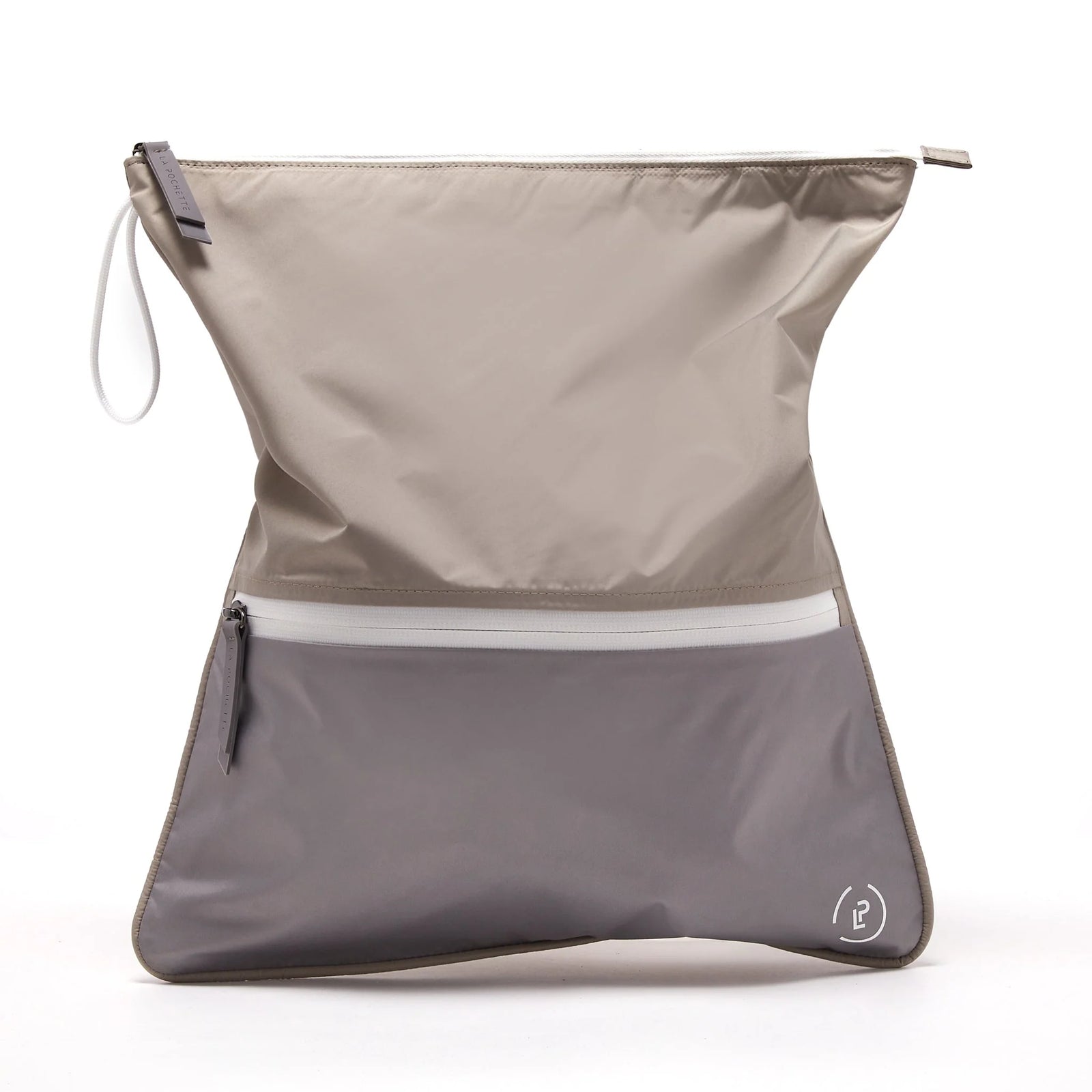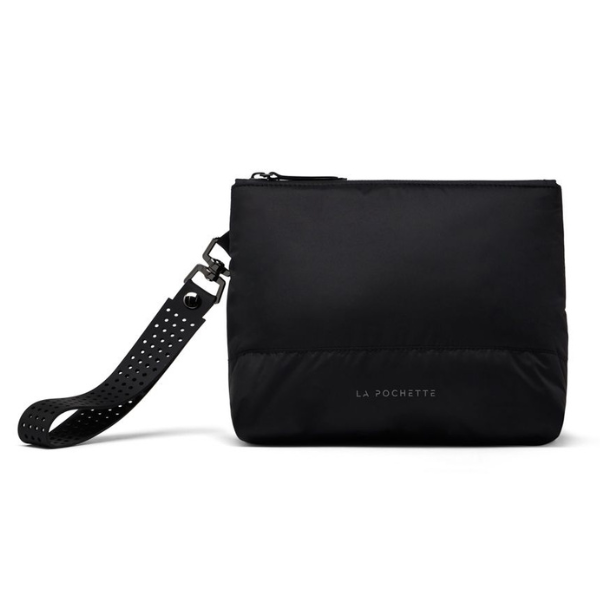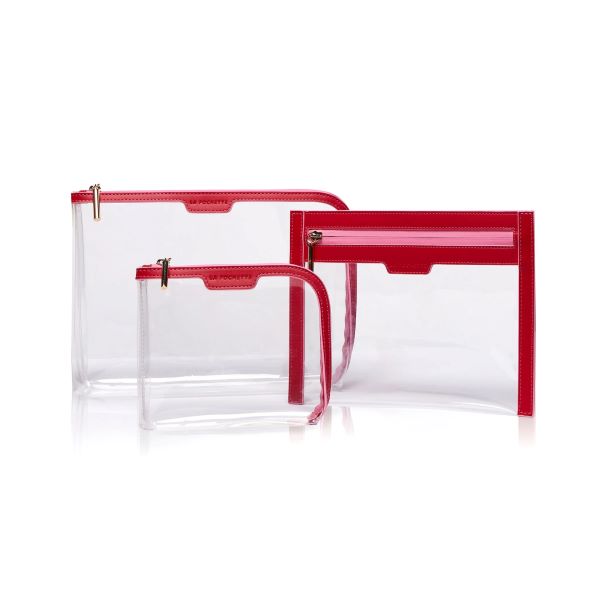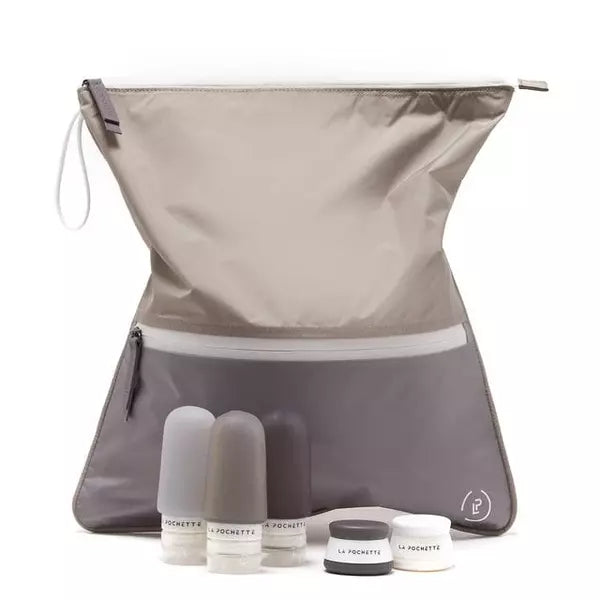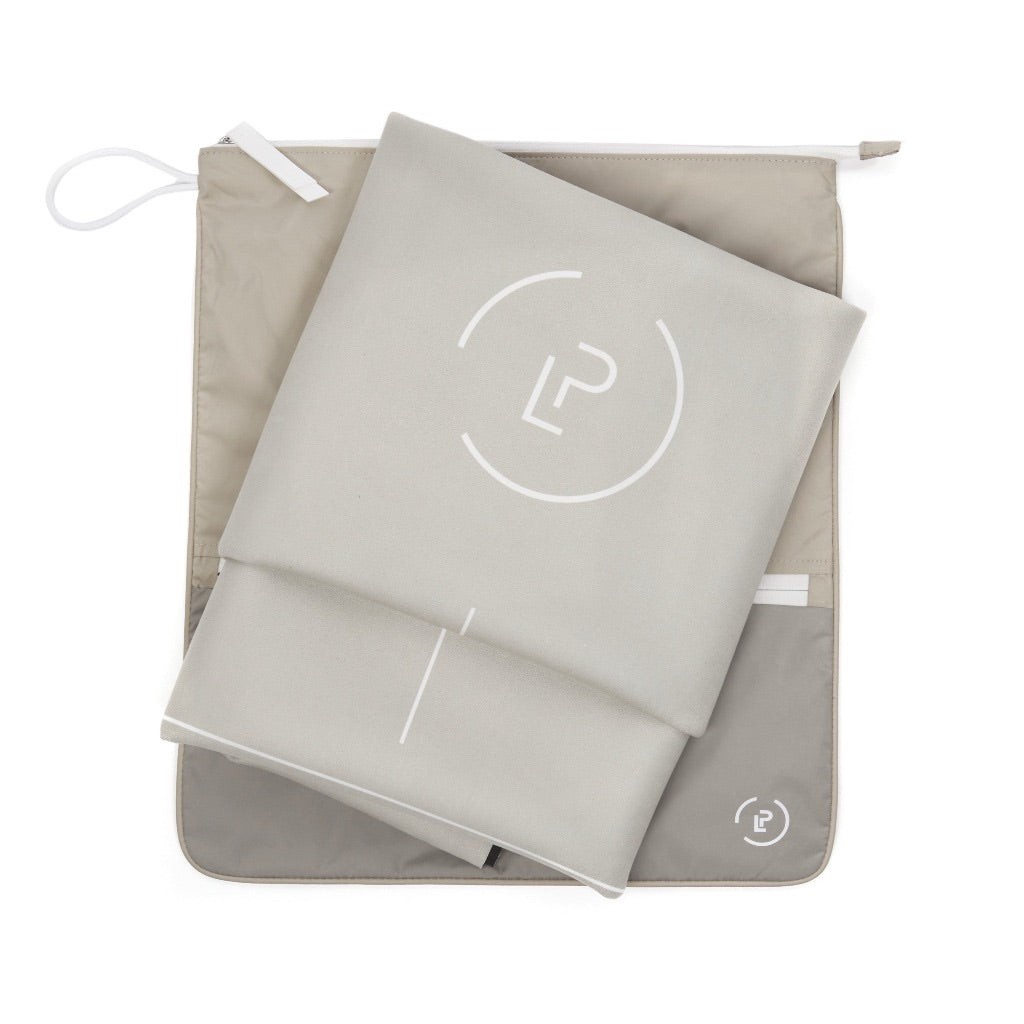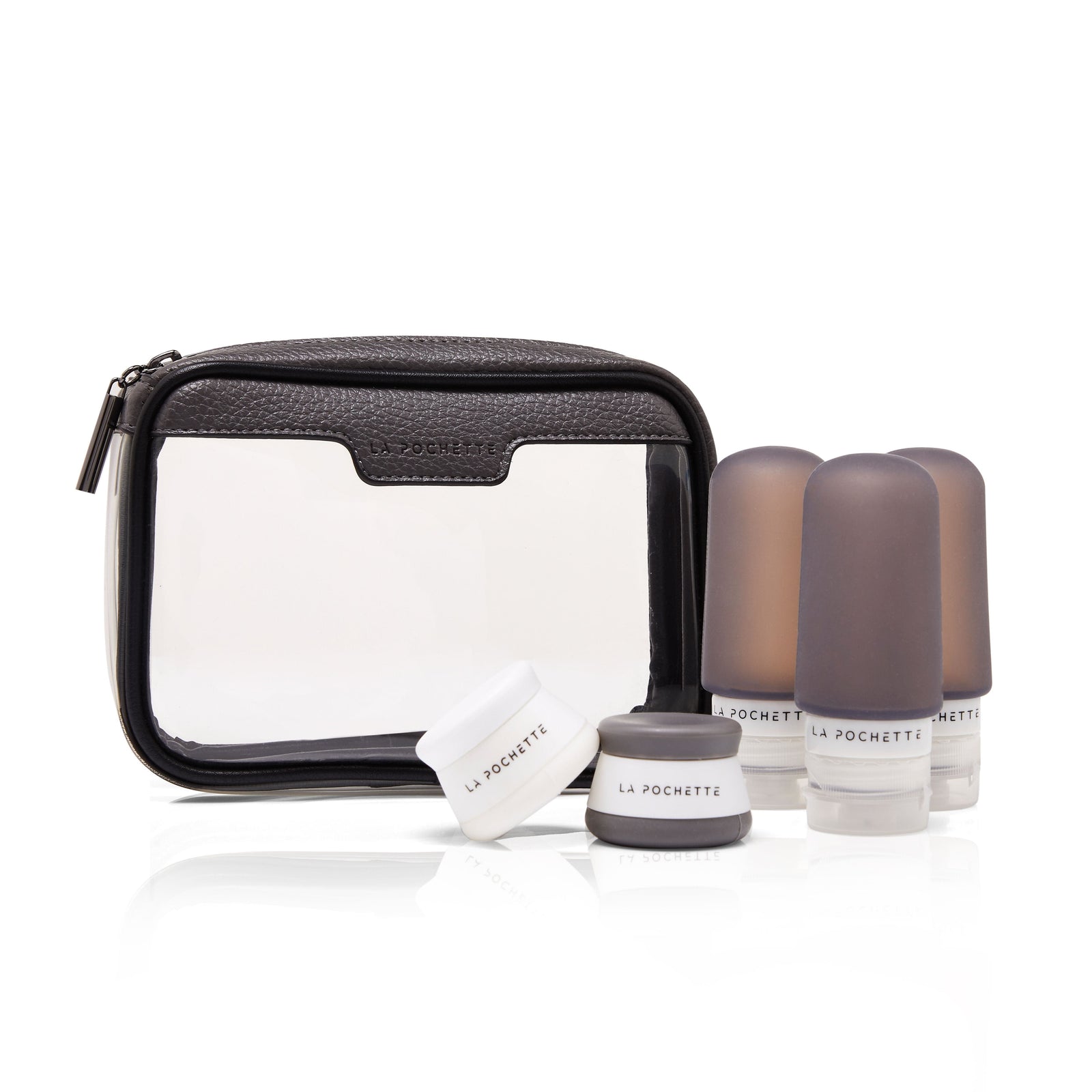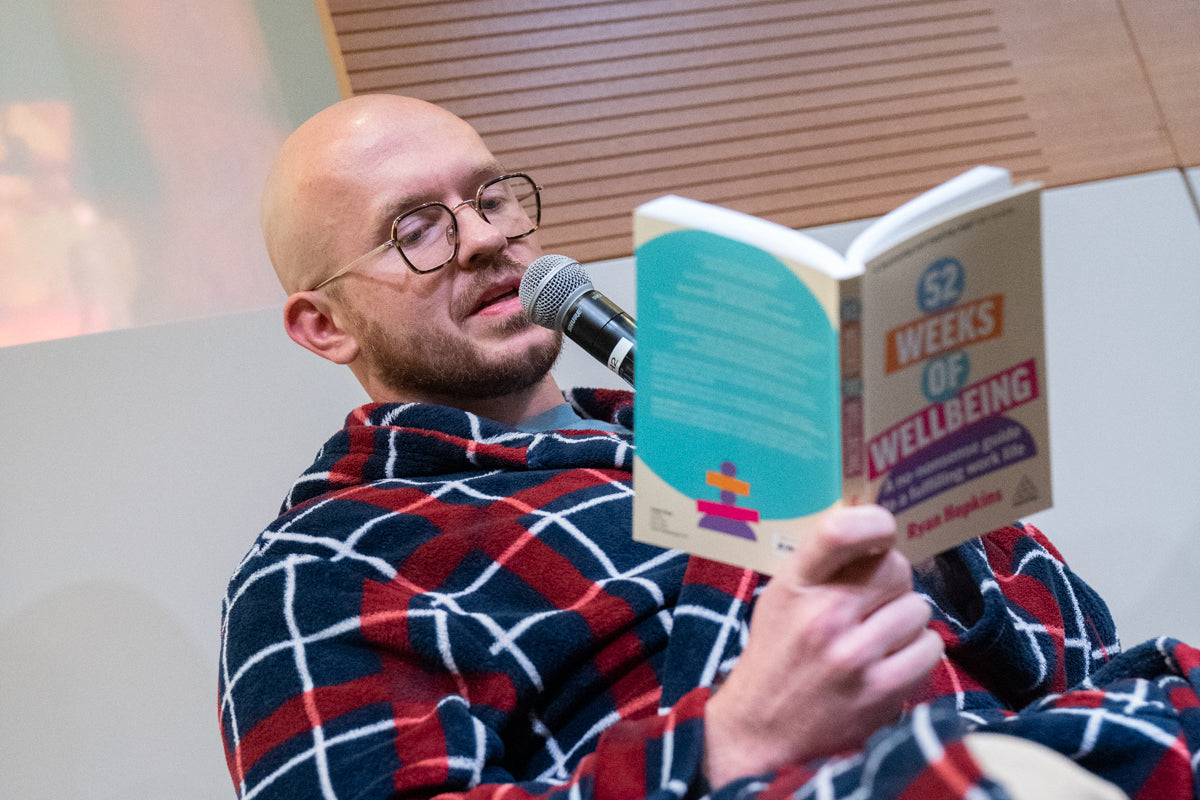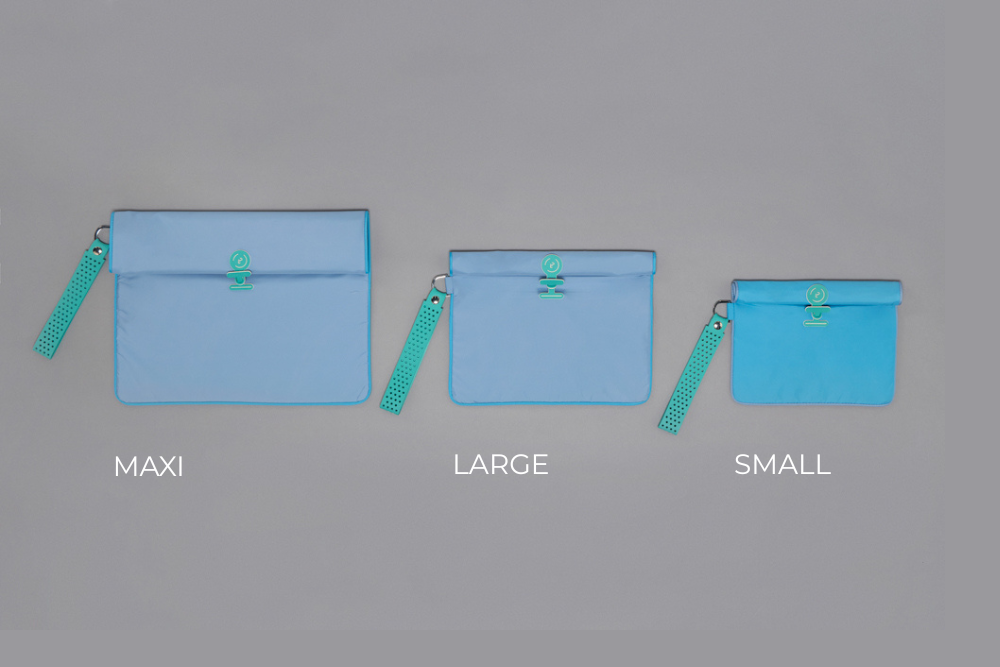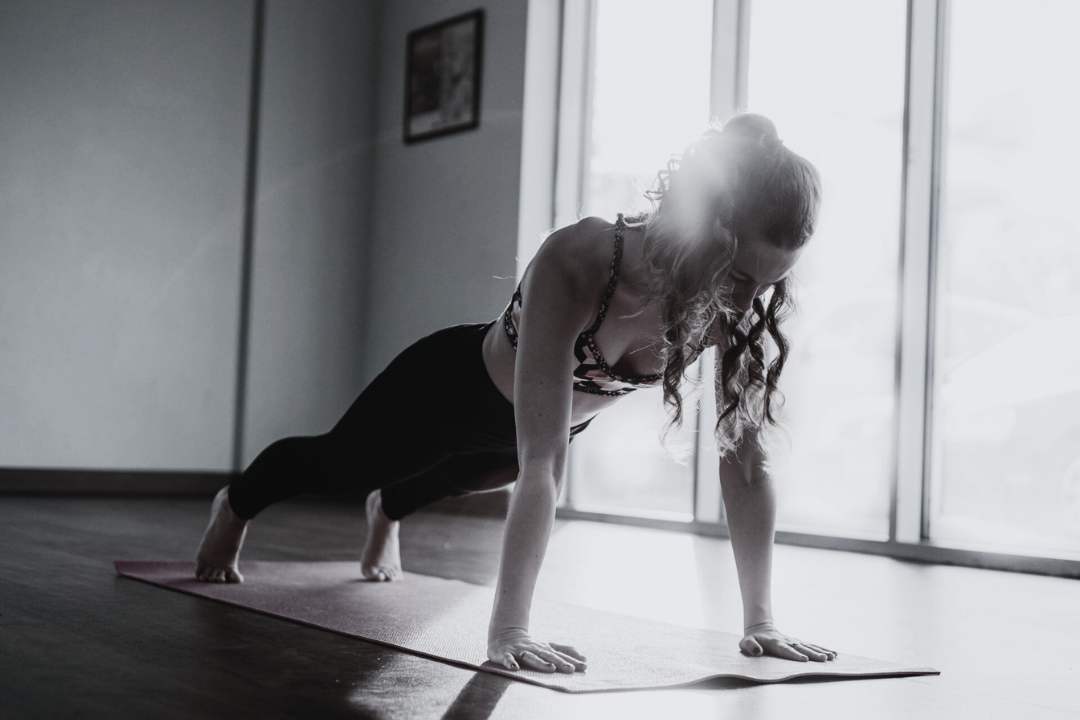We plan our workdays down to the nth level with meticulous detail. Meetings, deadlines, appointments – these all get scheduled and prioritised. But what about everything outside of work? Don't our health, wellbeing, and happiness deserve the same level of planning and intention?
Small, daily habits, consistently practiced, can and do have a significant impact on our overall wellbeing. Wellbeing is no small thing, but made up of small things. We might scoff at the idea of rigid routines, picturing ourselves living off Tupperware meals and adhering to strict sleep schedules. But a disciplined life, built on healthy habits, is actually a free life. We either pay a little now or we pay big later. Bear with me.
We follow a healthy diet today to reduce the chance of sickness later.
We stretch today to prevent injury later.
We meditate today to increase our calm later.
We save a couple of £ today to ease financial worries later.
You get it.
You pay a little now or you pay big later. Your choice.
“Small habits do not add up, they compound. You do not need to be twice as good to get twice the results. You just need to be slightly better” - James Clear.
This is hardly revolutionary stuff, but eating, sleeping, resting, moving and hydrating etc. etc. well will make you a more productive, happy, and healthy individual. I could quote endless studies, but you know this already. Getting off of your ass is better than sitting on it all day, eating an apple is better than a packet of crisps and speaking to a loved one is better than being isolated. You know this already. By being healthish today (selfish about your health), you can prevent health problems and the time and money that they inevitably cost you down the road. You simply cannot afford not to have a routine. We must treat our wellbeing with the order and discipline it deserves today, or we will be forced to tomorrow . . . . or some time in the distant future, but it is coming. All debts will be paid. In full.
Building Blocks of a Powerful Routine
Habit Stacking: Break down desired behaviors into tiny steps. Identify a current habit you perform daily (e.g., brushing your teeth) and insert your new micro-habit after or before it. For example, meditate for one minute after your morning coffee or change into workout clothes after taking off your work shoes.
Start Small: Don't overwhelm yourself with multiple, ambitious goals. Begin with one manageable change, like a daily walk, and gradually build momentum. Remember, the goal is progress, not perfection.
Find the Fun: Exercise doesn't have to be a chore. Find activities you enjoy, whether it's dancing, swimming, or hiking. When you make healthy habits enjoyable, you're more likely to stick with them.
Minimum Viable Effort: Consistency is key, even on low-energy days. Do something, anything, to maintain the momentum. Can't manage a full Spanish lesson? Watch an episode of Money Heist in Spanish instead. Listen to your body – rest is crucial, but learn to differentiate between true fatigue and laziness.
Prime Time: Schedule your most important habits for when you have the most energy. Are you a morning person? Prioritize workouts or challenging tasks early in the day. Night owls can conquer their goals after work.
The myth of willpower
We've all experienced moments of decision fatigue. After a long day of decision-making, a slice of cake can seem like the only answer. This is because willpower, like any muscle, gets depleted throughout the day. Or does it?
Traditional thinking suggests willpower is a finite resource. However, recent research suggests it may be more like an emotion, fluctuating based on our circumstances and mindset. Believing willpower is a limited resource can be a self-fulfilling prophecy.
Here's how to manage your mental energy and make the most of your willpower:
Plan Ahead: Reduce daily decision-making by planning your meals, outfits, and even to-do lists the night before. This frees up willpower for more important choices.
Prioritise Power Tasks: Tackle your most challenging tasks first thing in the morning when your willpower is strongest.
Commit and Schedule: Don't leave your goals to chance. Schedule your workout or healthy meal prep just like you would an appointment. Put it in the calendar.
Social Support: Share your goals with friends and family. This one keeps me honest, letting myself down is one thing, but now other people are invested as well . . . .
Avoid Temptation: Trying to resist temptation requires willpower. Set yourself up for success by avoiding situations that test your willpower. Can't resist the office donuts? Pack your own healthy snacks.
Remember, your willpower like your emotions will fluctuate, so use it on what really matters to you and if you do smash a couple of donuts down, don't chastise yourself too much, tomorrow we start again.
"52 Weeks of Wellbeing: A No-Nonsense Guide to a Fulfilling Work Life" by Ryan Hopkins is available in all good bookstores now.
